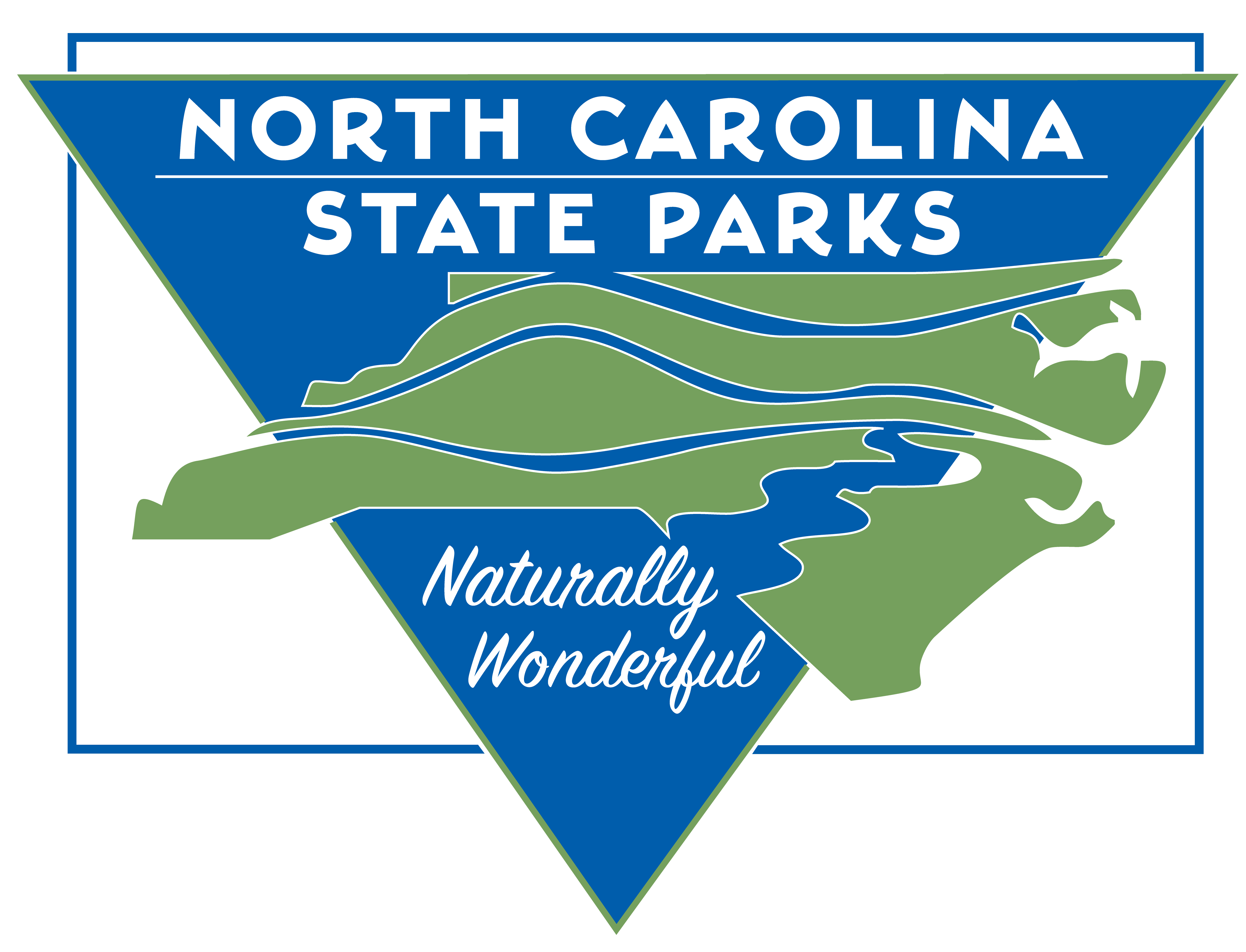Tracy Minton, the longtime superintendent at Elk Knob State Park, has been named superintendent of New River State Park in neighboring Alleghany and Ashe counties, according to the N.C. Division of Parks and Recreation.
Minton succeeds Joe Shimel, who was promoted to east district superintendent last year. Ranger Scott Robinson served as acting superintendent during the interim.
A park superintendent leads operations and administration at a park with wide-ranging responsibilities that include staffing, training, law enforcement, planning, natural resources management, environmental education and visitor services. For the New River State Park superintendent, those responsibilities also include the nearby Mount Jefferson State Natural Area.
Originally from Hays in Wilkes County, Minton graduated from Appalachian State University with a bachelor’s degree in recreation management. He first joined the division in 1999 as a ranger at Jones Lake State Park, after working for the National Park Service on the Blue Ridge Parkway. He eventually made his way back west, serving as a ranger at Lake Norman State Park and at Mount Jefferson, before being promoted to park superintendent at Elk Knob in 2013.
Minton holds certifications in advanced law enforcement and prescribed burning. He has also served as a law enforcement instructor for the division.
“Tracy brings with him proven leadership skills from his time at Elk Knob, a newer and smaller park that protects the headwaters of the New River,” said West District Superintendent Sean McElhone. “Coupled with his varied experience and familiarity with the local community, he is a great fit to take on the challenge of managing these two parks as we continue to conserve key areas along this important river corridor.”
Seven accesses along the National Wild and Scenic River encompass New River State Park. Visitors can enjoy the shallow, gentle river by paddling, floating on inner tubes, or camping on remote paddle-in only campsites. The park also protects the habitat of the hellbender salamander and 14 species of rare and threatened plant species.
Mount Jefferson State Natural Area in Ashe County centers on the natural landmark that rises abruptly from the surrounding landscape, and from its overlooks and summit at Luther Rock, offers vistas as far as Tennessee. More than 700 plants can be found in the park, but it is also known as a recreational destination for downhill skateboarders.
About North Carolina State Parks
North Carolina State Parks manages more than 250,000 acres of iconic landscape within North Carolina's state parks, state recreation areas and state natural areas. It administers the N.C. Parks and Recreation Trust Fund, including its local grants program, as well as a state trails program, North Carolina Natural and Scenic Rivers and more, all with a mission dedicated to conservation, recreation and education. The state parks system welcomes more than 19 million visitors annually.
About the North Carolina Department of Natural and Cultural Resources
The N.C. Department of Natural and Cultural Resources (DNCR) manages, promotes, and enhances the things that people love about North Carolina — its diverse arts and culture, rich history, and spectacular natural areas. Through its programs, the department enhances education, stimulates economic development, improves public health, expands accessibility, and strengthens community resiliency.
The department manages over 100 locations across the state, including 27 historic sites, seven history museums, two art museums, five science museums, four aquariums, 35 state parks, four recreation areas, dozens of state trails and natural areas, the North Carolina Zoo, the North Carolina Symphony, the State Library, the State Archives, the N.C. Arts Council, the African American Heritage Commission, the American Indian Heritage Commission, the State Historic Preservation Office, the Office of State Archaeology, the Highway Historical Markers program, the N.C. Land and Water Fund, and the Natural Heritage Program. For more information, visit ncdcr.gov.

